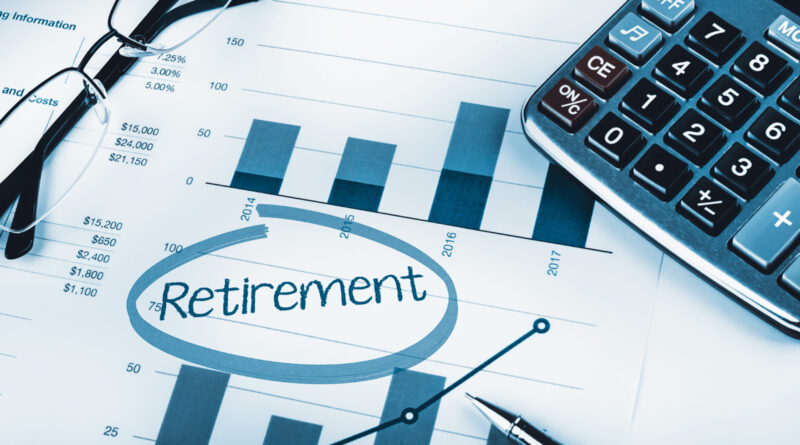You’ll need to take stock of your current situation to get a handle on your retirement planning. That means assessing everything from how much money you’re earning to what you expect regarding future earnings and expenses. The more accurate you can be with this information – the better off you’ll be when it comes time for retirement.
In this article, we’ll look at some of the most important things to consider when planning retirement. You’ll also learn about some useful tools that can help you plan for your future and get ideas for making the most of what you have now!
Know what your retirement needs are.
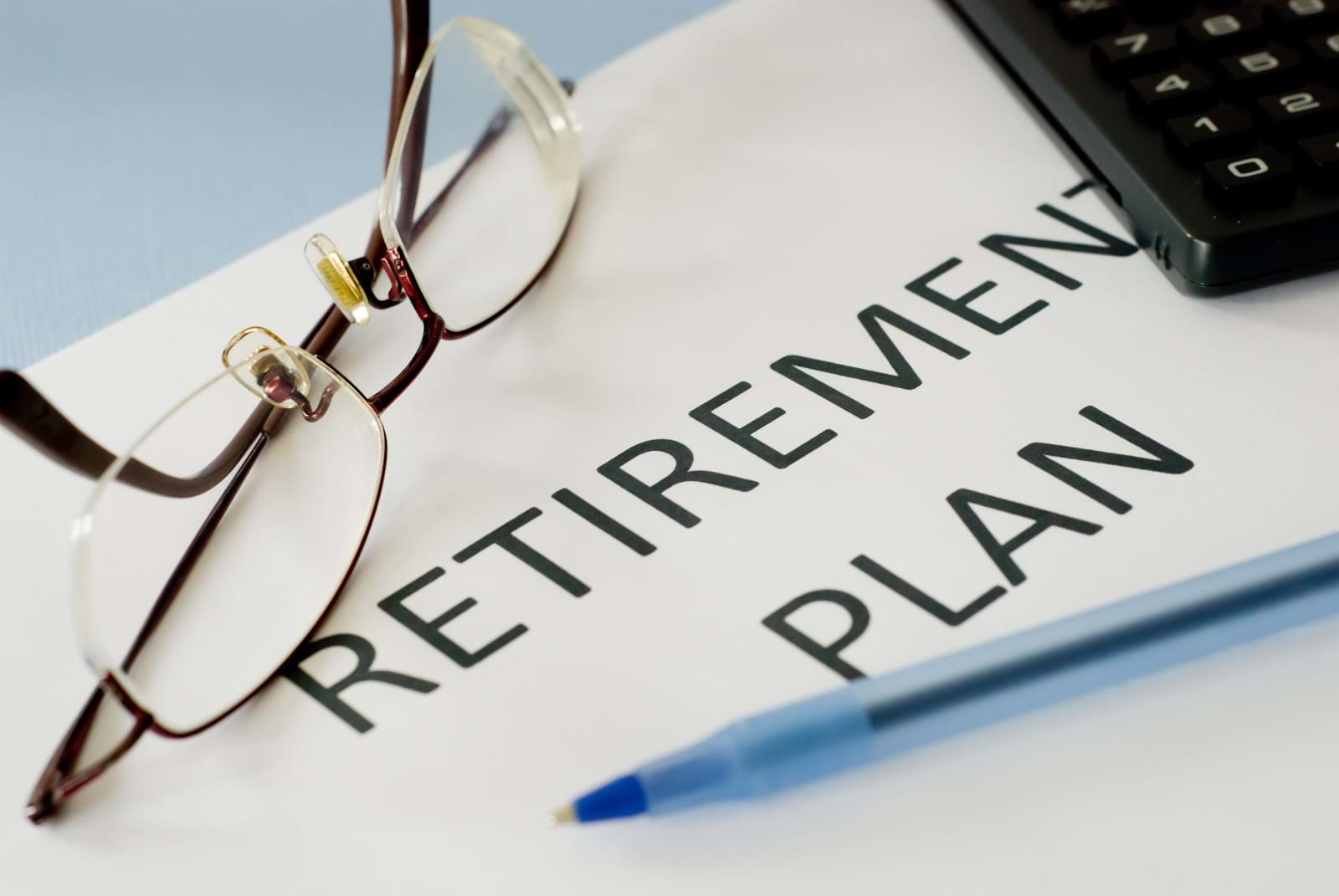
source: pinterest.com
Before you can begin to plan for retirement – it’s essential to know what your retirement needs are. You must also know how much money must be saved each month and year to reach this goal.
If you’re wondering, “how much money do I need to retire?” You can find out by calculating your retirement needs. The best way to do this is using a retirement calculator to help you determine how much money you need to save each month, year, and throughout your career to live comfortably during retirement.
Once you know how much money it will take to retire comfortably, you can decide how much money should be saved each month and year.
Plan for the unexpected.
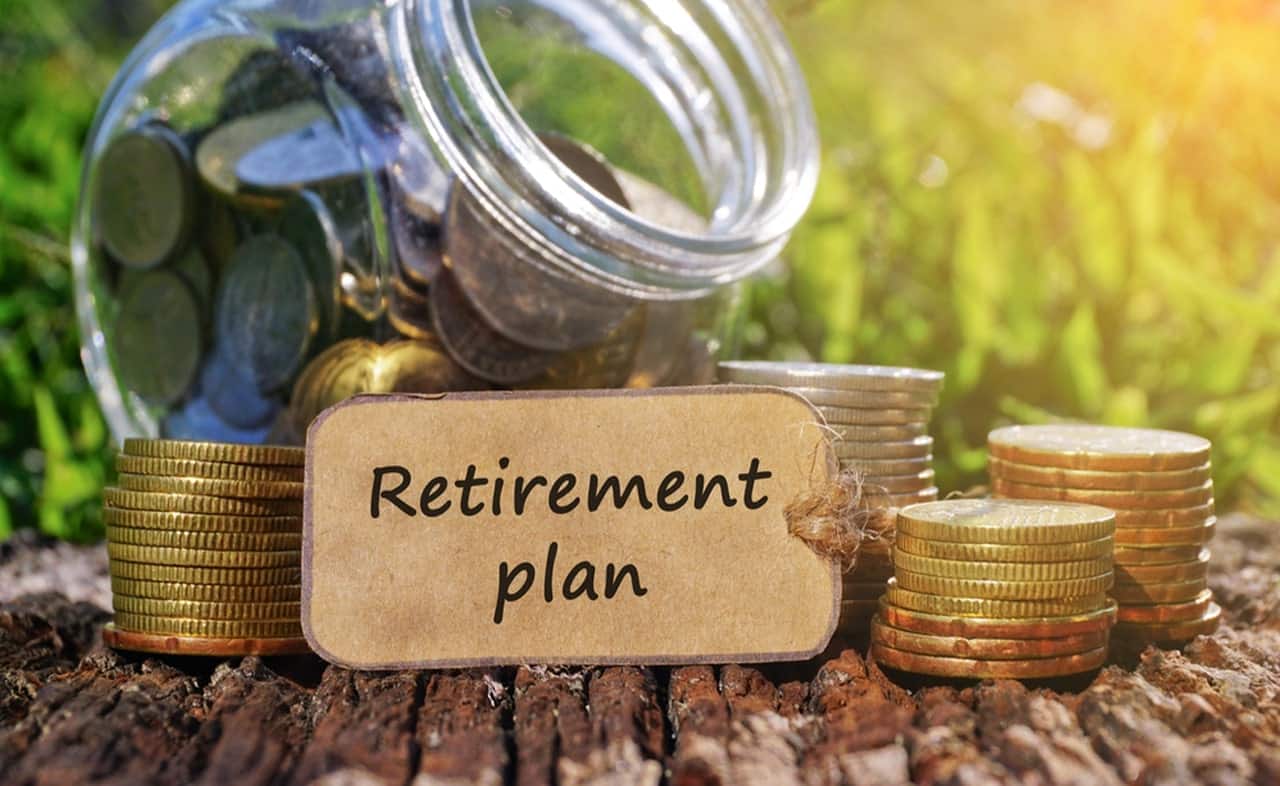
source: pinterest.com
You should also have an emergency fund. An emergency fund is money you have stashed away when you need to pay for something unexpected, like a car repair or medical bills.
The amount of money in your emergency fund depends on your income and how much debt you owe, but it’s important to save enough so that if something goes wrong, it won’t be too much of a burden on your finances (and cause other problems).
If possible, save six months’ worth of living expenses before putting more money into other retirement accounts such as 401(k)s and IRAs. If this isn’t possible for whatever reason–maybe because life has thrown some curveballs at you–consider starting small: Aiming for three months’ worth instead would be better than nothing!
Set up an emergency fund.
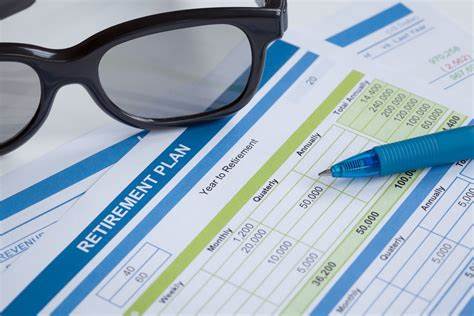
source: pinterest.com
Having one is essential because life happens, and it’s best to be prepared for the worst-case scenarios. The amount you should put into your fund depends on how much money is coming in and going out, what kind of emergencies tend to occur in your life (car repairs? medical bills?), and how much risk tolerance you have.
If you’re unsure about how much money should go into an emergency fund or if other financial goals should take priority over setting up an emergency fund (like saving for retirement), talk with a financial planner or accountant who can help guide you through the process of figuring out where best to allocate funds based on your situation.
Start saving for retirement early.
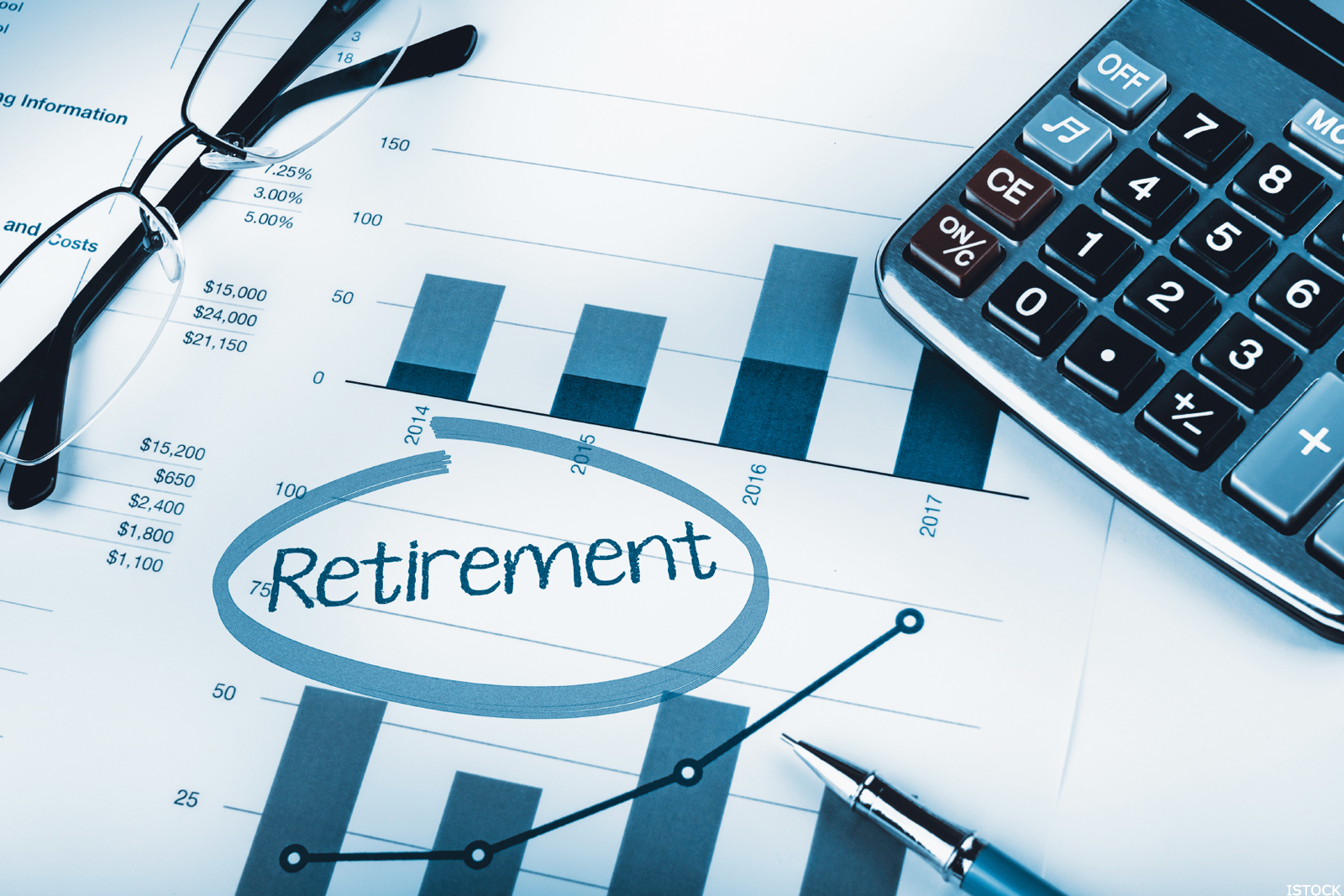
source: pinterest.com
You may be young, but you can still start saving for retirement. The sooner you start saving for retirement, the less money it takes each month or year until retirement age (because interest compounds).
Plus, by starting early, investment returns will have more opportunities to compound before taxes are taken out later in life when they’ve grown even more!
If this sounds like something that interests you, then take a look at our 401(k) comparison tool, where we compare multiple providers side-by-side so it’s easy for anybody interested in learning more about which provider might work best based on their personal needs or preferences including IRA vs. Roth IRA vs. Traditional IRA vs. Rollover IRA Plans.
There you go!
Retirement planning is not as complicated as it seems. The key is to start early and take it one step at a time. If you know what your retirement needs are, understand your current situation, plan for the unexpected and set up an emergency fund then you’re on track to secure your future!

